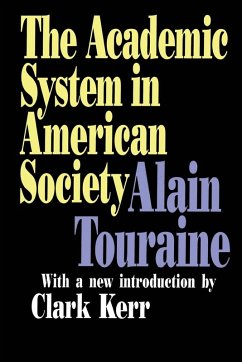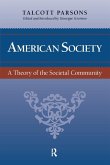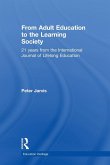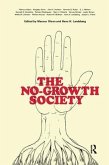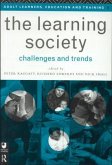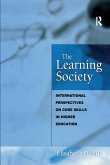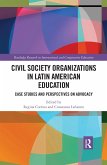Although the period of student protests of the 1960s and 1970s has long passed, Alain Touraine argues, in this wide-ranging and vigorous essay, that the period's problems remain with us. Higher degrees have become less and less valuable on the labor market and the demand for academic reform has become more intense. Community colleges still try to provide equal educational opportunities for the poor and the minorities, without much success. And the university has not yet resolved the conflict between being the home of impartial inquiry and research and serving constituent interests. Touraine views American higher education as a system within a definite, though changing, social context. He compares U.S. student movements with those of other countries. He is skeptical about the way Americans view the relationships between the university and what he regards as the ruling forces of the society, between knowledge and power, between production and education. He offers no facile solutions, but he presents an exciting, nontraditional analysis of the social and political forces that have shaped the modern history of higher education. In the new introduction, Clark Kerr contrasts his own views as an American observer to those of Touraine as a French intellectual. He asserts that the family, not higher education, is the most important "school" in the process of reproducing society. Kerr places more emphasis than does Touraine on the labor market, on the production functions (training of skills and advancing technology) of the vast nonelite segments of American higher education, on the long-term impacts of science in changing society, and on scholarly criticism in affecting transformations, and places less emphasis on sporadic political protests by faculty and students. He agrees with Touraine however, in his two great themes: (1) that you cannot understand the academic system unless you first understand society; and (2) that the rise of the university must be understood to understand modern society, where "knowledge is power." This volume will be important to all those interested in higher education, whether as participants or observers.
Hinweis: Dieser Artikel kann nur an eine deutsche Lieferadresse ausgeliefert werden.
Hinweis: Dieser Artikel kann nur an eine deutsche Lieferadresse ausgeliefert werden.

